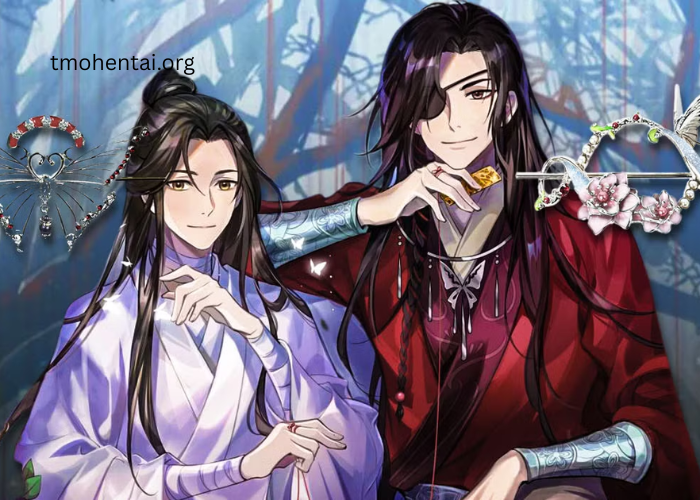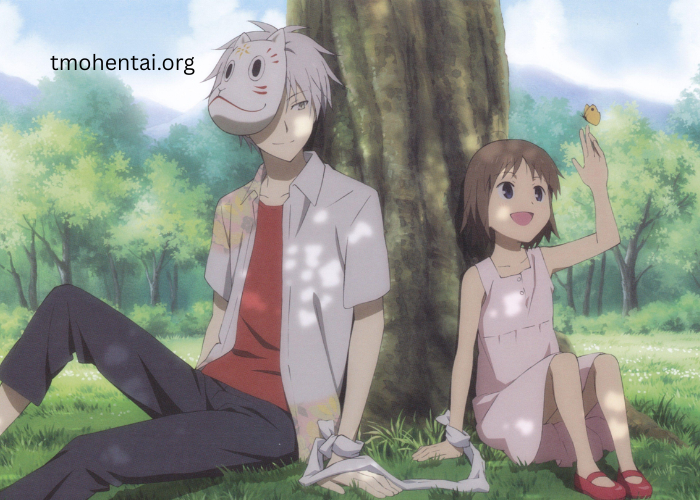Hentai, a genre of Japanese anime and manga that features explicit sexual content, has grown from its underground origins to a phenomenon with global recognition. The term “hentai” literally means “pervert” in Japanese, but in Western contexts, it is used to refer to pornographic anime and manga. The cultural impact and controversies surrounding hentai are complex and multifaceted, reflecting broader societal attitudes towards sexuality, censorship, and artistic expression. Explore a wide range of high-quality hentai content on Hentai3z. Enjoy a variety of genres and categories to satisfy your desires.
Cultural Impact
- Artistic Expression and Innovation: Hentai has pushed the boundaries of traditional anime and manga, allowing creators to explore themes and narratives that are often considered taboo. This genre has pioneered unique art styles and storytelling techniques, contributing to the broader anime and manga industry. Artists and writers often use hentai as a platform to experiment with new ideas, which can later influence more mainstream works.
- Sexual Liberation and Fantasy: For many fans, hentai represents a form of sexual liberation and fantasy fulfillment. It provides a safe space for exploring sexual desires and scenarios that might be impossible or unacceptable in real life. The anonymity and accessibility of hentai allow individuals to indulge in their fantasies without judgment, fostering a more open discussion about sexual preferences and kinks.
- Globalization and Cultural Exchange: The international popularity of hentai has facilitated cultural exchange, introducing global audiences to Japanese aesthetics, storytelling, and erotic art. This cross-cultural influence has led to the adaptation and incorporation of hentai elements in various forms of Western media, from comics to animated series. The genre’s reach has also spurred discussions about cultural appropriation and the nuances of translating adult content across different cultural contexts.
Controversies
- Moral and Ethical Concerns: One of the primary controversies surrounding hentai is its depiction of extreme and often morally ambiguous content. Themes such as incest, rape, and underage characters (referred to as “lolicon” and “shotacon”) are prevalent in some hentai works, raising ethical questions about the portrayal of such subjects. Critics argue that these depictions can normalize harmful behaviors and desensitize viewers to sexual violence.
- Censorship and Legal Issues: Hentai faces significant censorship and legal challenges both in Japan and internationally. Japanese law requires the censorship of genitalia in pornography, leading to the use of mosaics or digital blurring in hentai. However, the production and distribution of certain types of hentai, especially those involving minors, can lead to legal repercussions. In many countries, the importation and possession of hentai featuring underage characters are strictly regulated or outright banned.
- Gender Representation and Objectification: The portrayal of women in hentai is another contentious issue. Critics argue that hentai often objectifies female characters, reducing them to mere sexual objects for male gratification. This criticism extends to the genre’s impact on gender norms and the perpetuation of unrealistic body standards. On the other hand, some argue that hentai can also empower female creators and fans by providing a platform for exploring female sexuality and agency.
- Psychological Impact: Concerns have been raised about the psychological impact of consuming hentai, particularly among younger audiences. While there is limited research on the direct effects of hentai, studies on pornography in general suggest that excessive consumption can lead to distorted views of sex and relationships. The potential for addiction and the impact on mental health are areas that require further exploration.
Conclusion
Hentai occupies a unique and controversial space within the broader landscape of anime and manga. Its cultural impact is undeniable, influencing artistic expression and fostering global cultural exchange. However, the controversies surrounding its content, ethical implications, and psychological effects highlight the need for ongoing dialogue and research. As hentai continues to evolve, balancing artistic freedom with ethical responsibility will remain a crucial challenge for creators, consumers, and regulators alike.





